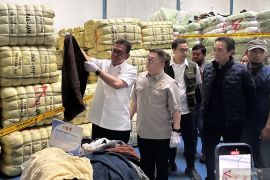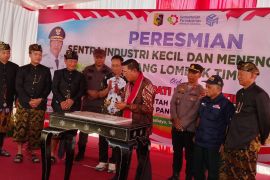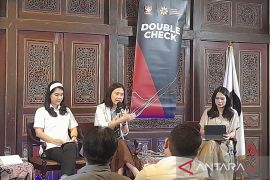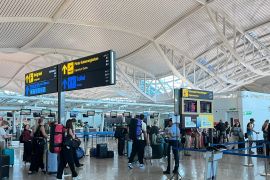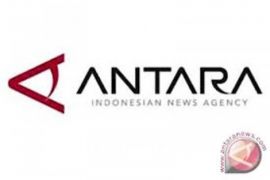"The high growth of both domestic and foreign investment is indicating that the role of national industries is up again," Prof Firmansyah, the presidential aide for economic and development affairs, said to newsmen here on Thursday.
Realization of investment in the country in the first semester this year reached Rp148.1n trillion with the domestic investment contributing Rp40.5 trillion up by 22.7 percent from the same period last year while foreign investment contribution in the period rose around 30.4 percent to Rp107.6 trillion.
Firmansyah said the realization of investment in the period was equivalent with 52 percent of the 2012 target set at Rp206.8 trillion for foreign investment and Rp76.7 trillion for domestic investment.
The economic professor of state University of Indonesia said that non-oil/gas processing industry growth surpassed national growth by 6.83 percent with the value of non-oil/gas industries` exports reaching US$122.18 billion or 60 percent of total national exports.
"By the end of 2012 non-oil/gas processing industries are expected to be able to grow by 7.05 percent and in 2013 by 8.02 percent," he said.
Firmansyah said the industrial sector`s contribution to the country`s gross domestic product in 2011 was recorded at 24.28 percent with small industries still dominating numbering 3.8 million units against 24,232 the number of big industries absorbing 14.54 million workers.
He said non-oil/gas industries` development has been directed to develop downstream industrial basis especially to increase the added value of small industries.
"Efforts to increase the added value of minerals processing such as bauxite, nickel, iron ore and copper need to be continued," he said.
The program of development of downstream industries for plantation products such as crude palm oil, rubber, cocoa, agricultural produce, livestock farming and fisheries is a must for the development of comparative advantage-based industrial structure, he said.
He said the proportion of the country`s raw materials exports must be reduced so that the added value, employment and new businesses would continue to grow.
At the same time, he said the wish of a number of both domestic and foreign investors to invest in the manufacturing sector must be fully supported with competitive human resources.
In view of that optimization of research institutions should be intensified to support the industrialization process, he said.
Firmansyah said development of "hard infrastructure" such as roads, bridges, ports and electricity as well as "soft infrastructure" such as bureaucracy, licensing, regulation and ICT must be prioritized to maintain current economic performance. (*)
Editor: Aditia Maruli Radja
Copyright © ANTARA 2012



